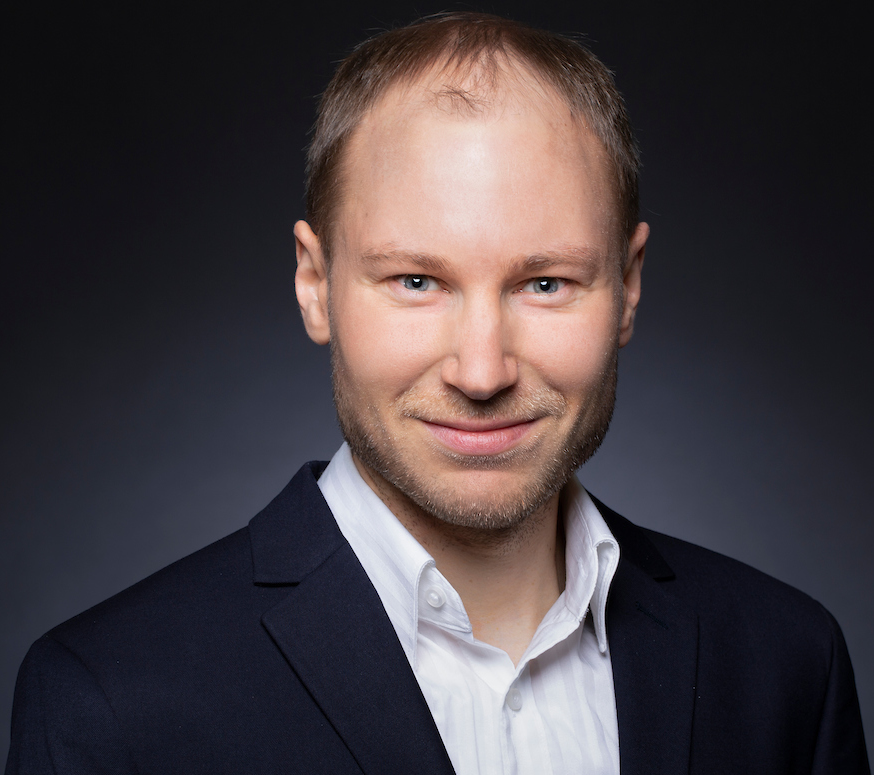
Assistant Professor
- Ph.D.: University of California, Berkeley
- Primary Area: Cognitive Psychology
- Address: 7538 Pritzker Hall
- Email: falk.lieder@psych.ucla.edu
- Lab Website: https://ralab.psych.ucla.edu
Research and Teaching Interests
I aim to do research that generates insights into morality, rationality, and altruism that can inform efforts to improve society and the future of humanity. My current focus is on moral learning and moral decision-making. My lab’s multidisciplinary approaches include computational and mathematical modeling, online and field experiments, Large Language Models, intervention studies, machine learning, questionnaires, and experience sampling. I am currently looking for 1-2 graduate students and a postdoc who want to leverage computational modeling and/or behavioral experiments to investigate decision-making and reinforcement learning in social dilemmas and related questions about morality, rational altruism, or societal decision-making. Please visit our get involved page if you are interested in joining the lab at some point.
Biography
Dr. Lieder completed his Ph.D. in Tom Griffiths’s Computational Cognitive Science Lab at UC Berkeley in May 2018. His dissertation “Beyond bounded rationality: Reverse-Engineering and Enhancing Human Intelligence” was awarded the Glushko Dissertation Prize in Cognitive Science. He then became a Max Planck Research Group Leader at the MPI for Intelligent Systems in Tübingen, Germany, where he led the Rationality Enhancement Group until June 2023. He joined the psychology department of UCLA in July 2023. Dr. Lieder has published 50 peer-reviewed articles that have collectively been cited more than 5000 times. His most influential contribution to cognitive science thus far has been the development of a new cognitive modeling paradigm known as resource-rational analysis (Lieder & Griffiths, 2020).
Curriculum VitaeRepresentative Publications
Representative recent publications and preprints from current projects I am excited about:
- Maier, M.1, Cheung, V.1, Lieder, F. (under review) Metacognitive Learning from Consequences of Past Choices Shapes Moral Decision-Making. https://osf.io/preprints/psyarxiv/gjf3h?view_only=
- Cheung, V.1; Maier, M.1, & Lieder F. (under review) Large Language Models Amplify Human Biases in Moral Decision-Making. https://osf.io/preprints/psyarxiv/gjf3h?view_only=
- Becker, F., Wirzberger, M., Pammer-Schindler, V., Srinivas, S., & Lieder, F. (2023). Systematic metacognitive reflection helps people discover far-sighted decision strategies: a process-tracing experiment. Judgment and Decision Making, 18, E15. doi:10.1017/jdm.2023.16
- Krueger, P. M.1, Callaway, F.1, Gul, S., Griffiths, T. L*., & Lieder, F.* (2024). Identifying resource-rational heuristics for risky choice. Psychological Review. doi: 10.1037/rev0000456
- Lieder, F., Prentice, M., Corwin-Renner, E. (2022). An interdisciplinary synthesis of research on understanding and promoting well-doing. Social and Personality Psychology Compass, e12704. http://dx.doi.org/10.1111/spc3.12704
- Becker, F., Skirzyński, J., van Opheusden, B., Lieder, F. (2022). Boosting human decision-making with AI-generated decision aids Computational Brain & Behavior. http://dx.doi.org/10.48550/arXiv.2203.02776
- Callaway, F., Jain, Y. R., Opheusden, B. V., Das, P., Iwama, G., Gul, S., Krueger, P. M., Becker, F., Griffiths, T. L., Lieder, F. (2022). Leveraging artificial intelligence to improve people’s planning strategies 119(12), PNAS. https://doi.org/10.1073/pnas.2117432119
